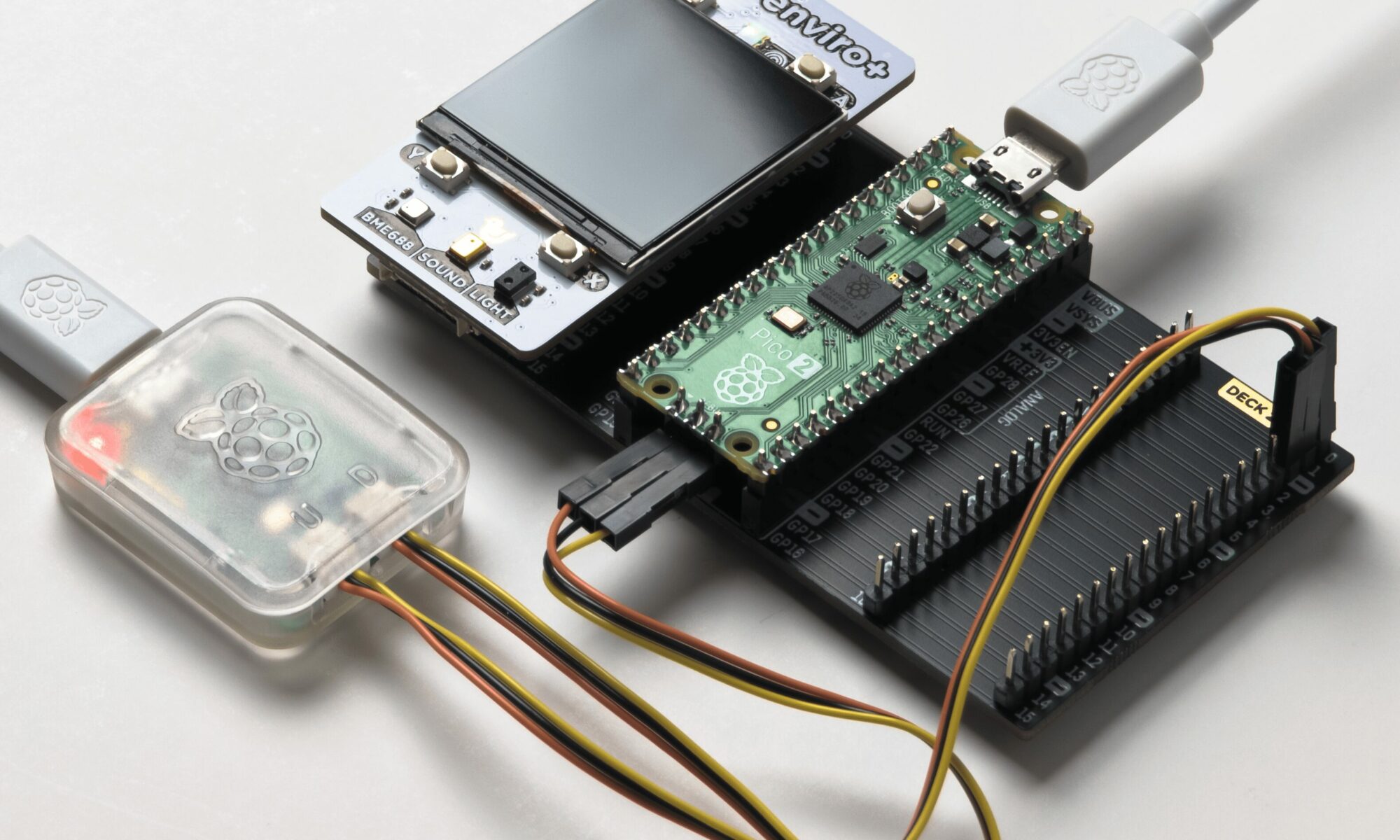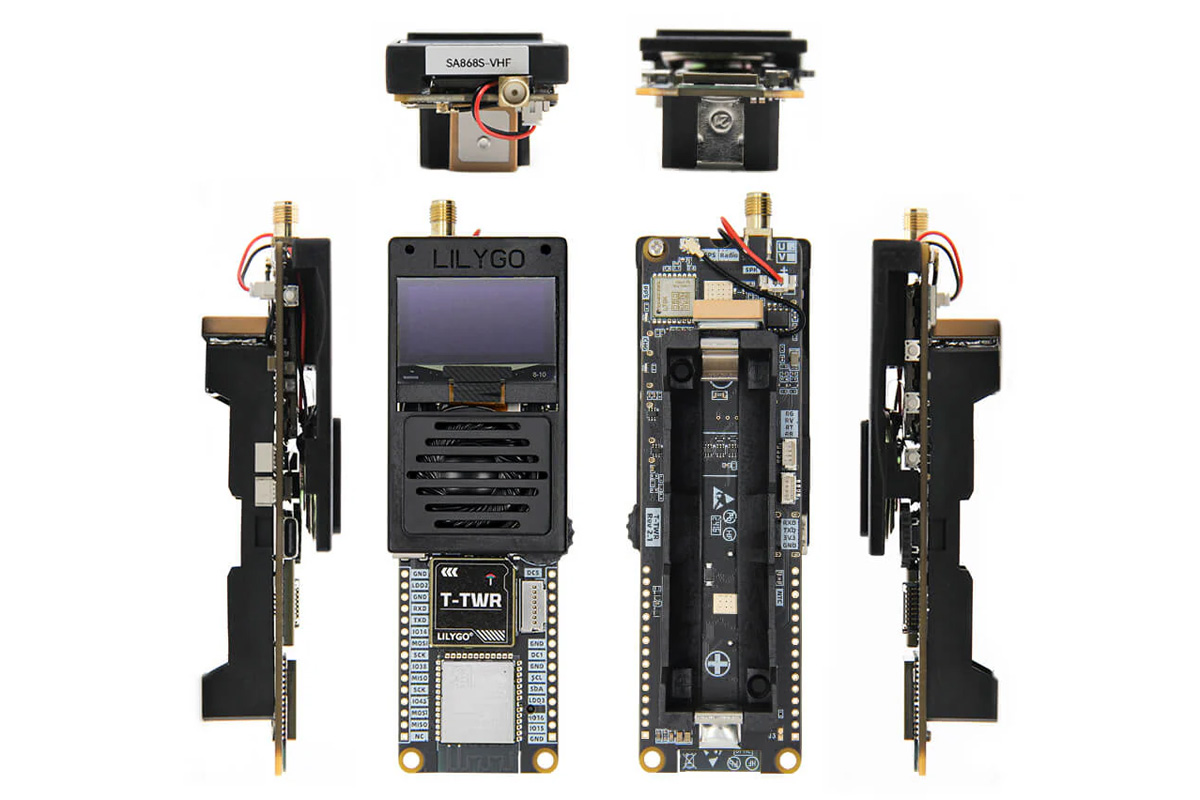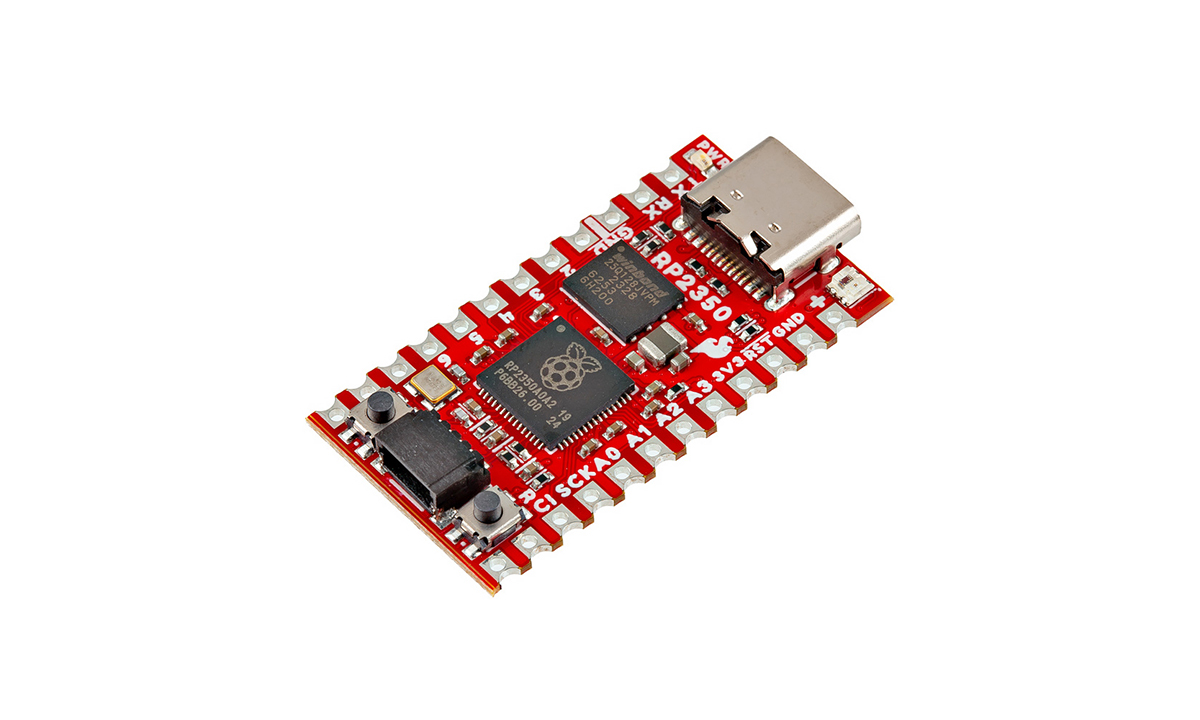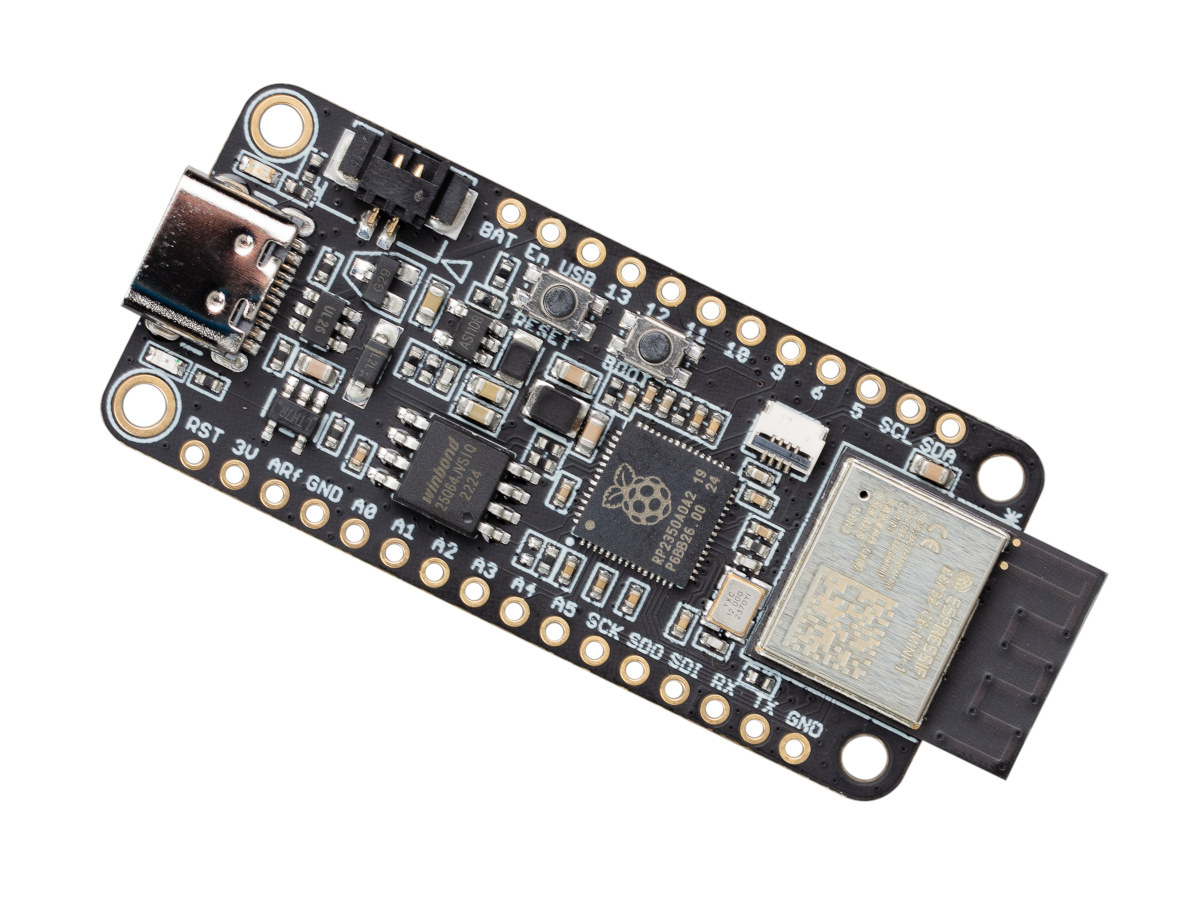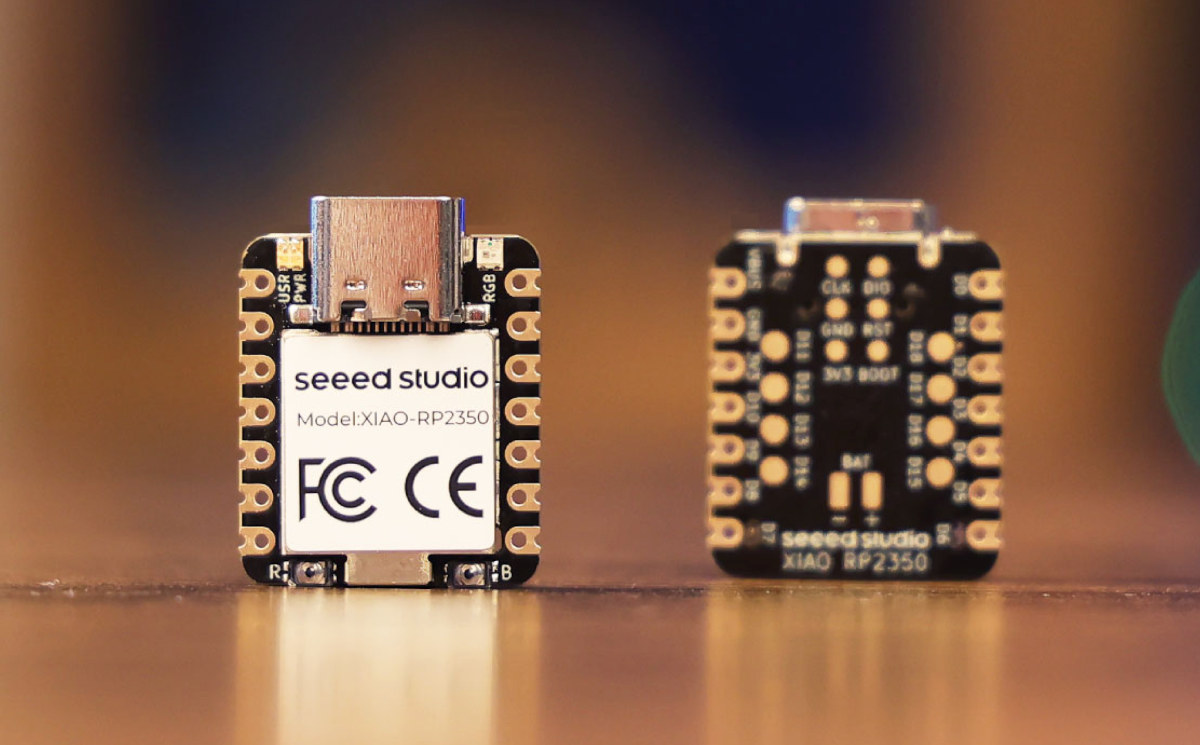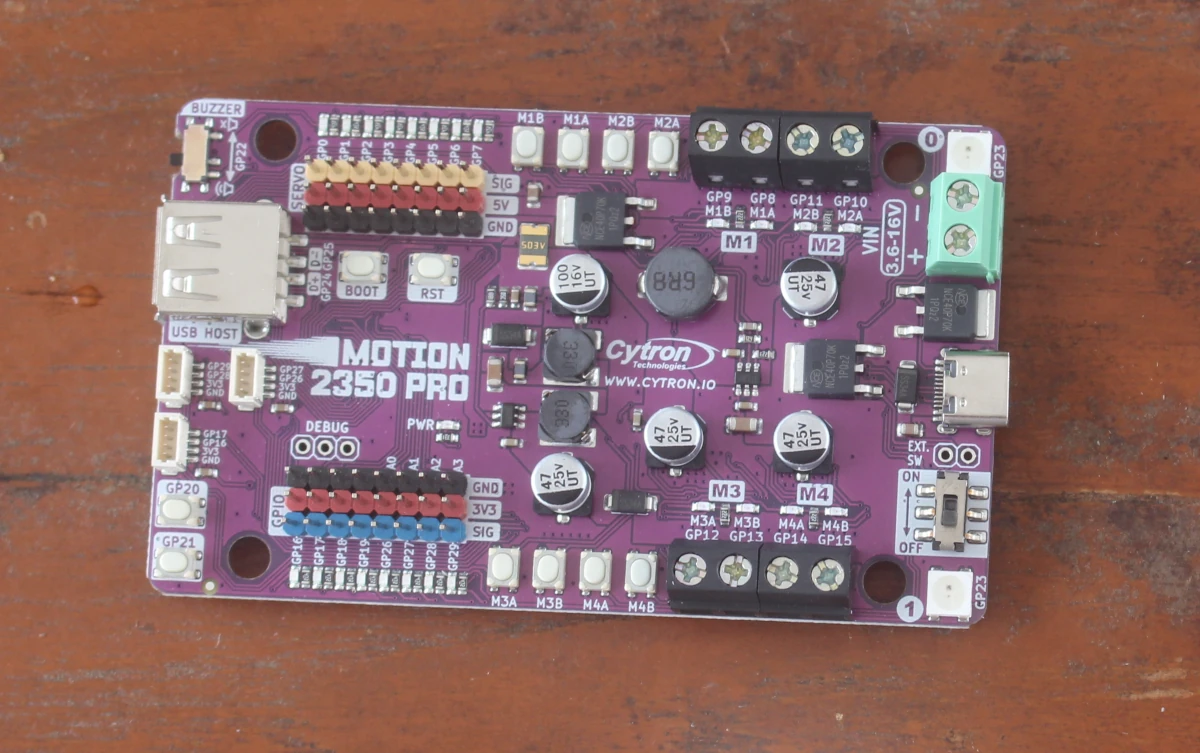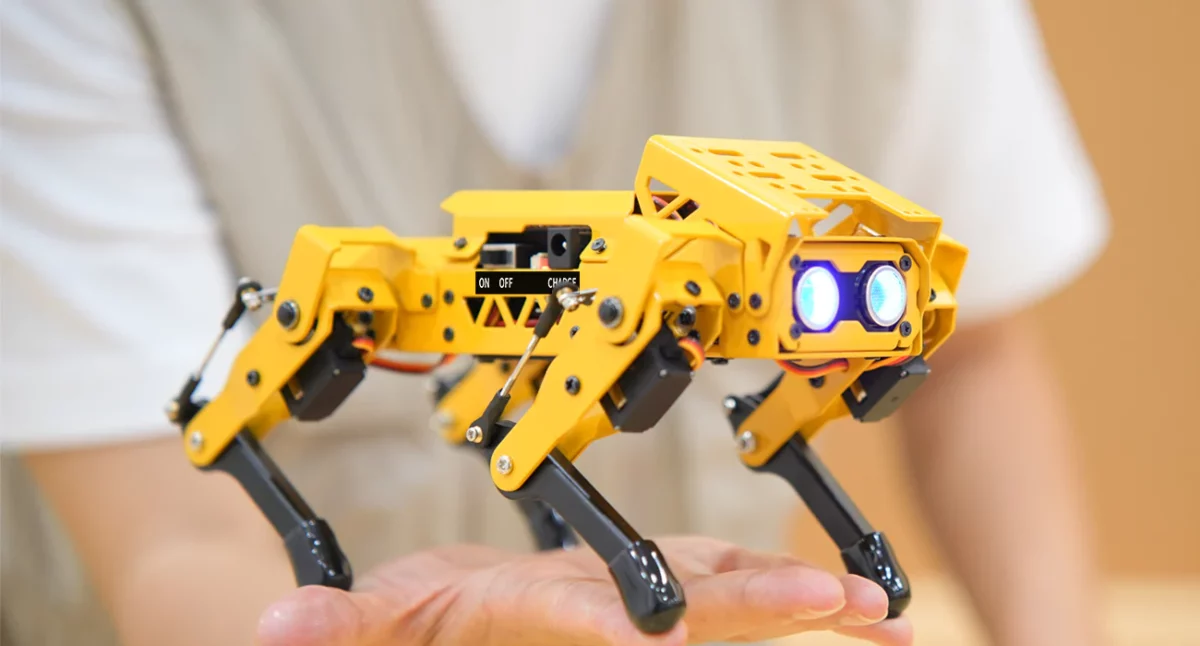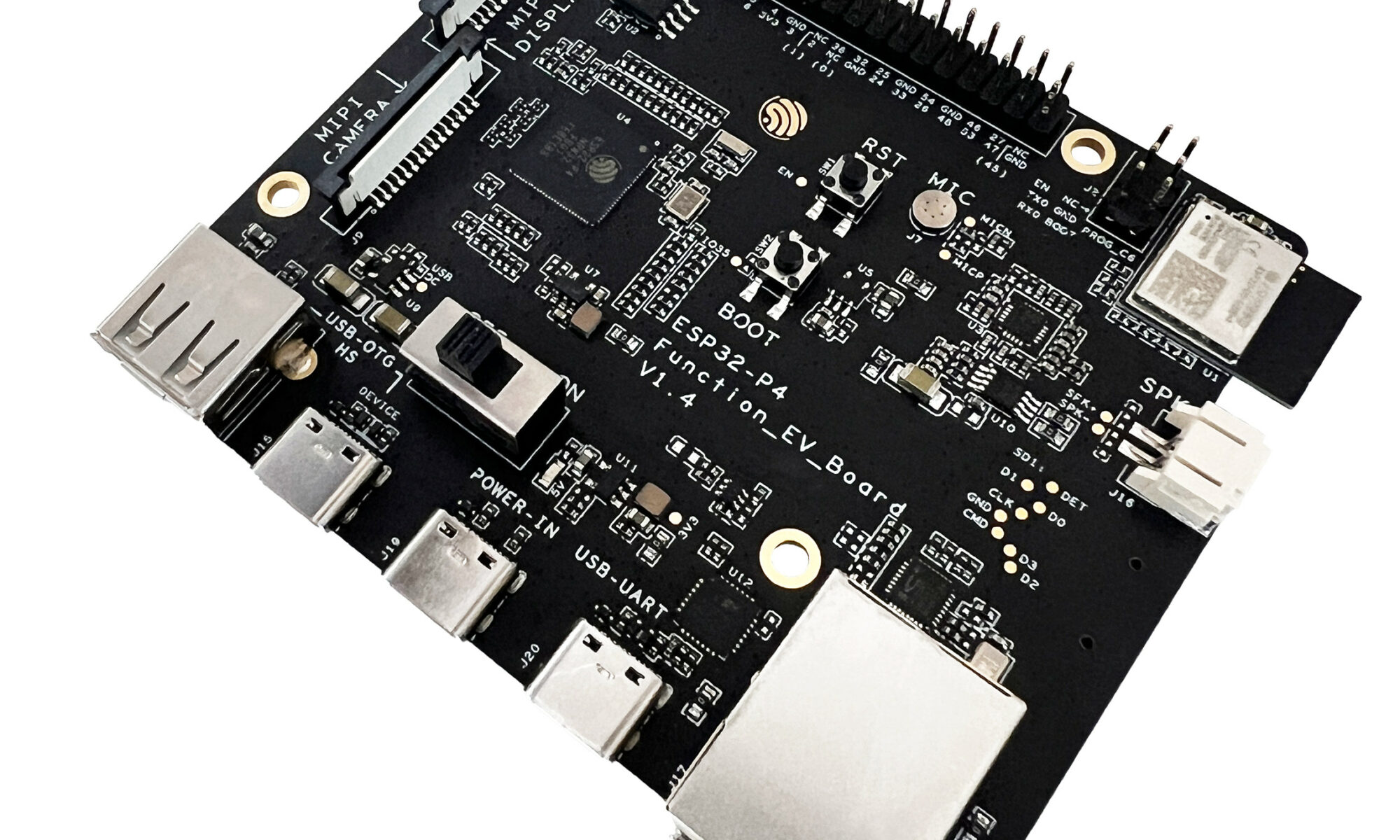Google Pigweed SDK now supports Raspberry Pi RP2350 microcontroller
Google Pigweed, a collection of open-source libraries for embedded software development, now supports the Raspberry Pi RP2350 MCU and comes as a software development kit (Google Pigweed SDK). These libraries, also called modules, are building blocks that make embedded software development faster and more reliable. It targets tiny 32-bit microcontrollers such as STMicro STM32L452, Nordic Semi nRF52832, and the Raspberry Pi Pico line of microcontrollers. The library components have shipped in Google Pixels, Nest thermostats, robots, satellites, and drones. On August 8, the Pigweed project was released as a software development kit (SDK) in developer preview with official support for Raspberry Pi RP2350 and the associated Pico 2 development board. The new release uses the Bazel build system – a feature upstreamed into the Pico SDK by the Google Pigweed team – and a complete, open-source Clang/LLVM toolchain. The Google Pigweed SDK includes sample code, modules, and a comprehensive tutorial […]


